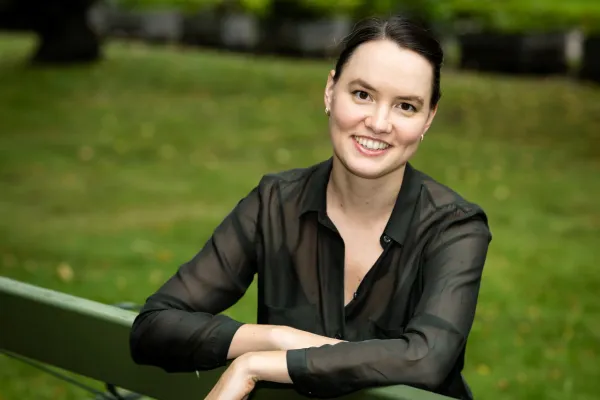Finland

Kateryna Golovina
Katerina Golovina is a research psychologist working in the fields of health psychology, family psychology, public health, mental health, and fertility. Her PhD in Psychology (Faculty of Medicine, University of Helsinki, 2017) was devoted to the transmission of psychosocial factors such as parent-child relationship and socioeconomic position across generations and their relation to offspring health. As a postdoc, she investigated the role of psychosocial factors in pupils’ symptoms in Finnish schools with indoor air problems (2018-2019) and heterogeneity of depression (since 2020). Currently, she is interested in the role of psychosocial factors in fertility behaviour in Finland and Europe.
In her project, Golovina focuses on the role of fertility intentions in the recent fertility decline in the Nordic countries and explores them from psychological and demographic perspectives. In the last ten years, there has been a steep decline in the total fertility rates in the Nordic countries, with Finland exhibiting a particularly pronounced decline. The explanations for this decline are hotly debated but poorly understood. By using survey data from the Nordic countries, Golovina investigates whether the actual fertility trends in the Nordic countries are anticipated by changes in fertility intentions. She also studies how different psychosocial factors (such as values and attitudes; subjective well-being; early family environment; social networks) influence fertility intentions, and especially why people hesitate about having a first child. To understand why Finland exhibits the strongest fertility fall among the Nordic countries, she compares psychosocial factors and fertility intentions in these countries.
Fertility behaviour; intergenerational transmission; early family environment (parent-child relationship, socioeconomic status, and psychosocial environment); psychosocial determinants of physical and mental health: heterogeneity of depression
